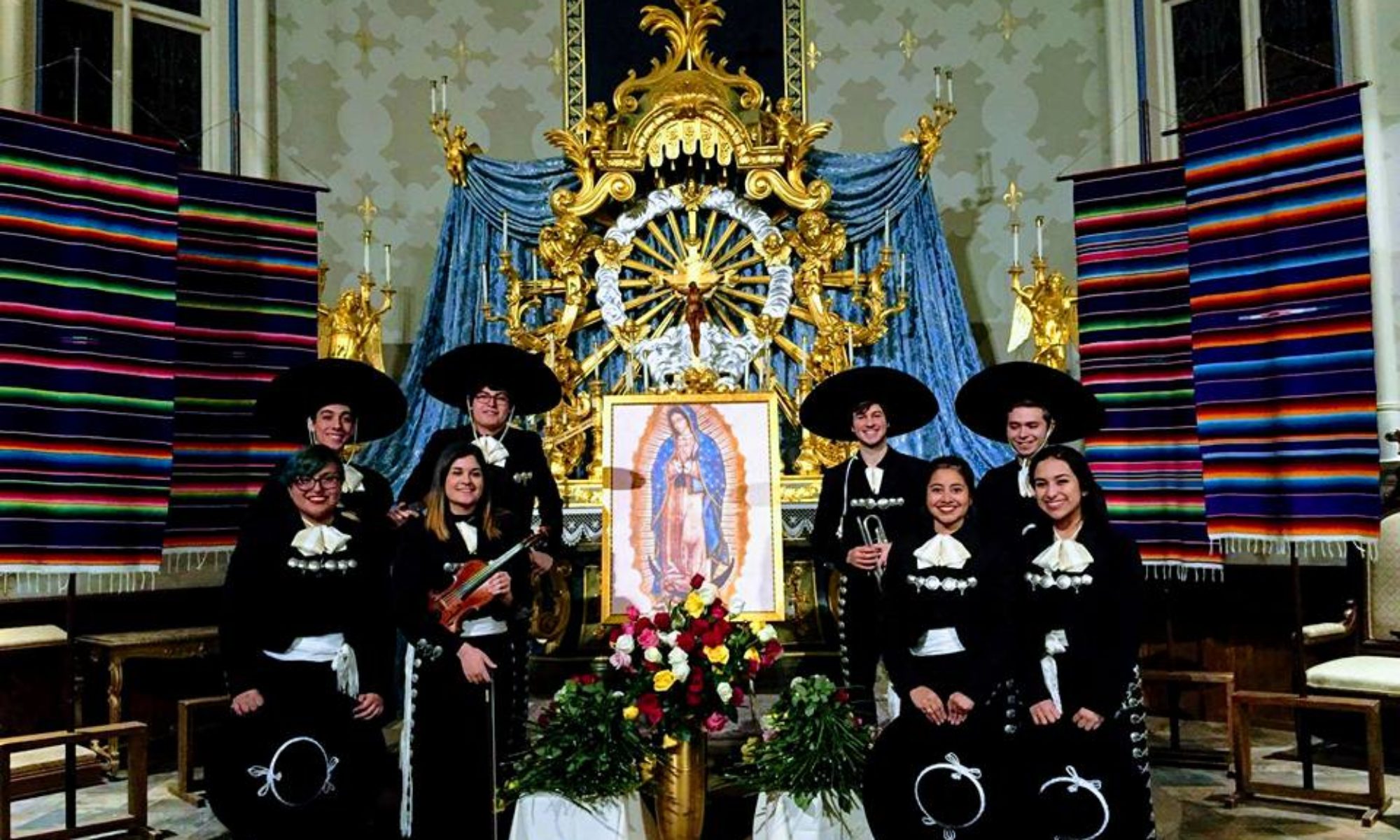To me, a hacker is someone who finds a non-conventional way to approach or solve a problem. In this regard, I really like the example providing by Brett Scott in How Yuppies Hacked the Original Hacker Ethos: slaves practice capoeira under the guise of dancing, when they were in fact practicing martial arts. Such is the spirit of hacking.
With that regard, it is easy to see how hackers are usually seen as devious. They visit places they are not supposed to see, they break things they are not supposed to understand, they snoop things they are not supposed to know. Here there is a divide however, there are two kinds of hackers. The first one is the hacker that breaks things for the purpose of knowing. As the mentor describes in the conscience of a hacker: “My crime is that of curiosity. My crime is that of judging people by what they say and think, not what they look like. My crime is that of outsmarting you, something that you will never forgive me for.” This is a great vision of the hacker, and one proud computer scientists will deliver while boasting of being one.
However, on the other side of the spectrum, there are those who not only have curiosity to learn, but curiosity to harm. “The media stereotype that began to be constructed was of a precocious computer genius using his technological mastery to control events or battle others.” I believe there is some truth to that. Whereas I believe all hackers have great intellectual curiosity and a desire to learn, I don’t agree that they all share a benign goal. There are those who want to use their superpowers to become a supervillain. They want things to go their way. They may just want money or to control the way the world works. A great example of this is Andrés Sepúlveda, who rigged elections in Latin America for a decade. Some may argue that this doesn’t make him a true hacker, but I think it would be more suitable to simply call him an evil one. Regardless, he is still a hacker.
To me, being a hacker is simply an approach to life, but not necessarily one that is born from any moral standpoint. I like this definition by Scott, which comes from his same article: “The hacker ethic is therefore a composite. It is not merely exploratory curiosity or rebellious deviance or creative innovation within incumbent systems. It emerges from the intersection of all three.” It simply comes to that.
With that in mind, there is certainly some danger in the softening of the hacker term. Hackers are dangerous. They can have great power. Mark Zuckerberg, for example, gives a description of hackers as if they were the best Facebook worker: “Hackers try to build the best services over the long term by quickly releasing and learning from smaller iterations rather than trying to get everything right all at once.” That has nothing to do with a hacker. Similarly, other voices in media have, over time, softened the term to mean this smart individual that can help the world. While that can be true at times, we should always acknowledge the danger of a super-villain.
